Ever get that feeling you’re being watched? In today’s tech-filled world, it’s more than just a feeling. Governments and companies gather information about us in ways we often don’t expect. As technology races ahead, more of our personal data gets stored and shared. Often, we’re not even aware it’s happening or how it’s being used. Let’s explore ten surprising ways our activities are monitored daily.
10. Skyrocketing CCTV Surveillance
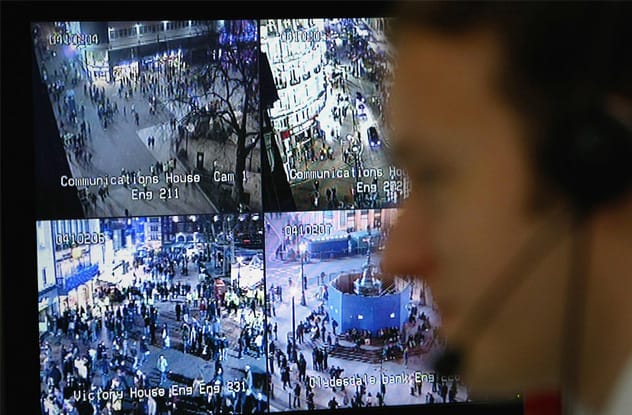
You’ve seen them on street corners and in shops. Closed-circuit television (CCTV) cameras are becoming incredibly common. For instance, back in 2011, the United Kingdom had about one CCTV camera for every 32 people. By 2016, that number changed to one for every 11 people. This explosion in camera numbers has made the UK one of the most surveilled nations on Earth.
And it’s not just the UK. Many countries have increased their use of security cameras. In the United States, CCTV cameras were praised for helping catch those responsible for the Boston bombing in 2013. While these cameras can be useful for solving crimes and ensuring safety, their constant presence makes some people uncomfortable. The line between security and privacy is becoming increasingly thin.
9. Your Smart TV Might Be Watching Back

If your television connects to the internet, it’s likely doing more than just streaming shows. Smart TVs can record what you watch and when you watch it. But even more unsettling is the possibility that someone could literally be watching you through your TV.
Many smart TVs come equipped with microphones and even cameras. If the server your TV uses has a security weakness, hackers could potentially spy on you. Security experts have raised concerns because some TVs connect to servers without strong security checks. This means your personal data could be stolen, or unwanted software could be sent to your television.
8. Debit and Credit Cards Tell a Story

It’s long been a suspicion that our bank cards track our spending habits. And this isn’t far from the truth. When you use your debit or credit cards for electronic purchases, governments and intelligence agencies, like those in the United States, can potentially view this data in real time.
The official reason for this access is usually to spot unusual spending patterns that might relate to terrorism or other crimes. What’s particularly concerning for some is that, in certain situations, agencies like the FBI might not need a warrant to access this financial information. Often, a non-disclosure order means your bank won’t even tell you that you’re being monitored.
7. Internet Searches and Web History Aren’t Private
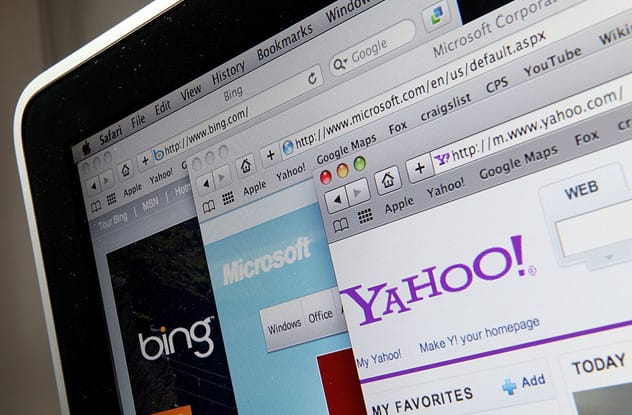
Every time you type a question into Google or another search engine, that search is logged and stored. This information can be accessed by governments when they deem it necessary. In the United States, for example, laws like the PATRIOT Act are broad enough to cover internet searches and browsing history.
It’s not just an American issue. In November 2015, the UK government announced plans to fight terrorism that included requiring internet providers to keep records of people’s website history for a year. Certain keywords can act as “triggers,” prompting agencies to take a closer look at someone’s online activities. While governments say safeguards are in place to prevent abuse, these plans have made many people uneasy.
6. Smartphones: Your Personal Tracker
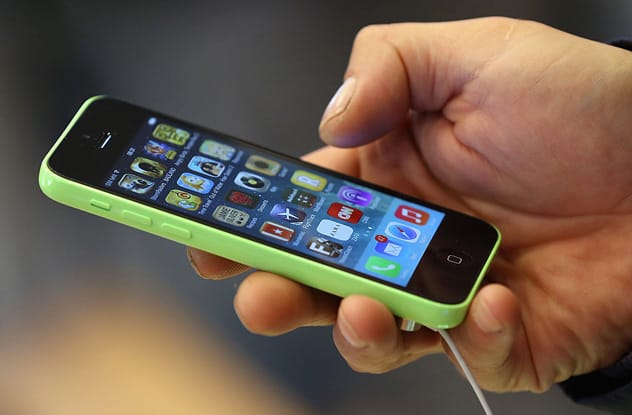
Most of us carry a smartphone, but we might not realize just how much data it collects. These devices store information about your movements, your searches, and almost everything else you do with them. As phones get smarter, more information becomes available to companies to use as they wish. Some phones can even trace your movements over the past year.
When you download a new app, you usually grant it permission to access certain information about you. Phone companies often state that this data stays on your device and isn’t sent to external servers. However, some people are understandably skeptical about how private this information truly remains.
5. Social Media Activity is Open for Scrutiny
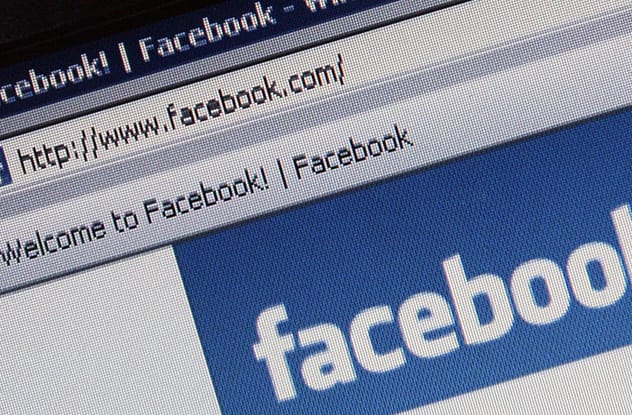
Depending on your privacy settings, almost anyone can see what you post on social media. What’s more, governments can legally monitor your public posts and even your private messages. These are often classified as “external communications,” meaning a warrant isn’t always needed for investigation.
This isn’t limited to one country. Nations like the United States, Canada, New Zealand, and Australia have similar approaches to monitoring these types of communications. So, think twice before you post or message sensitive information.
4. Digital Recognition Technology Knows You
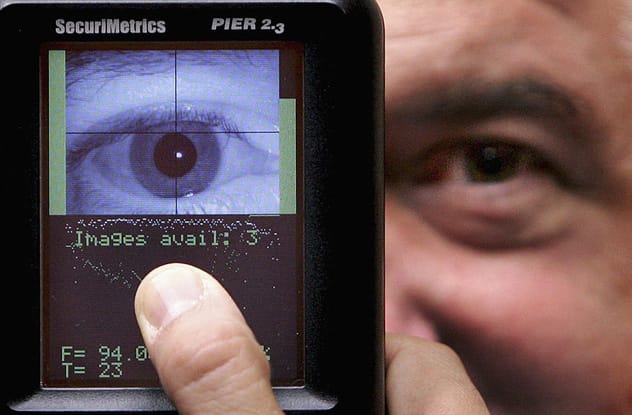
License plate recognition technology is used worldwide, primarily to catch uninsured drivers or track criminal activity on roads. However, in 2015, a former UK police official suggested that police forces might be overusing this software, causing public concern. He even described the network of cameras tracking license plates as one of the largest data-gathering systems in the world.
Beyond license plates, many private companies use facial recognition technology on their properties. Law enforcement agencies globally have also used this tech for a while. Its uses range from finding a specific person in a crowd to helping prevent voter fraud and terrorism.
3. Supermarket Loyalty Programs Track Your Habits

Those supermarket loyalty cards do more than save you a few pennies. Supermarkets use them to monitor your purchases, understand your buying habits, and then target you with personalized offers and deals. If you shop online, they ensure that products reflecting your past purchases are prominently displayed when you log in.
But what happens to that data after the supermarket uses it? In 2012, for example, the UK government considered plans to use supermarket data to monitor shopping habits. The stated goal was to combat obesity by identifying people buying too much unhealthy food or alcohol and then offering them lifestyle advice.
2. Voice Recognition Software is Listening

Though not yet everywhere, voice recognition software is expected to become more common in the coming years. This technology can identify and store our voices. In 2012, a Russian company called SpeechPro, working in the US, developed a system claimed to hold millions of voice prints. It could match a voice on a phone call to its database in seconds.
This technology is already in use in countries like Mexico. The United States has also expressed interest in rolling out similar software, though further details are often kept quiet due to data protection concerns.
1. Drones: Eyes in the Sky
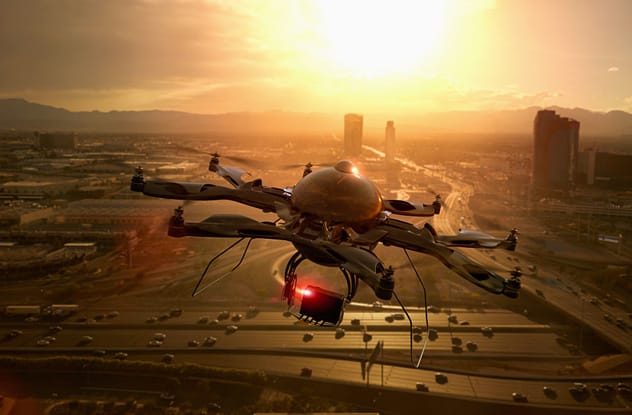
In March 2016, the U.S. government admitted to using drones to spy on American citizens for non-military reasons, though they stated these flights were lawful. While many details were not released, most missions were reportedly for search-and-rescue operations or monitoring events like wildfires and floods.
This might seem reasonable, but given that agencies like the FBI have admitted to using drones for surveillance in past investigations, the news made many Americans uneasy. As technology advances so quickly, analysts suggest that laws regarding drone surveillance may need frequent updates to protect citizens’ privacy.
It’s clear that in our modern world, being ‘watched’ takes on many forms, far beyond what we might typically imagine. From the sky above to the devices in our pockets, data collection is a constant, often invisible, process.










